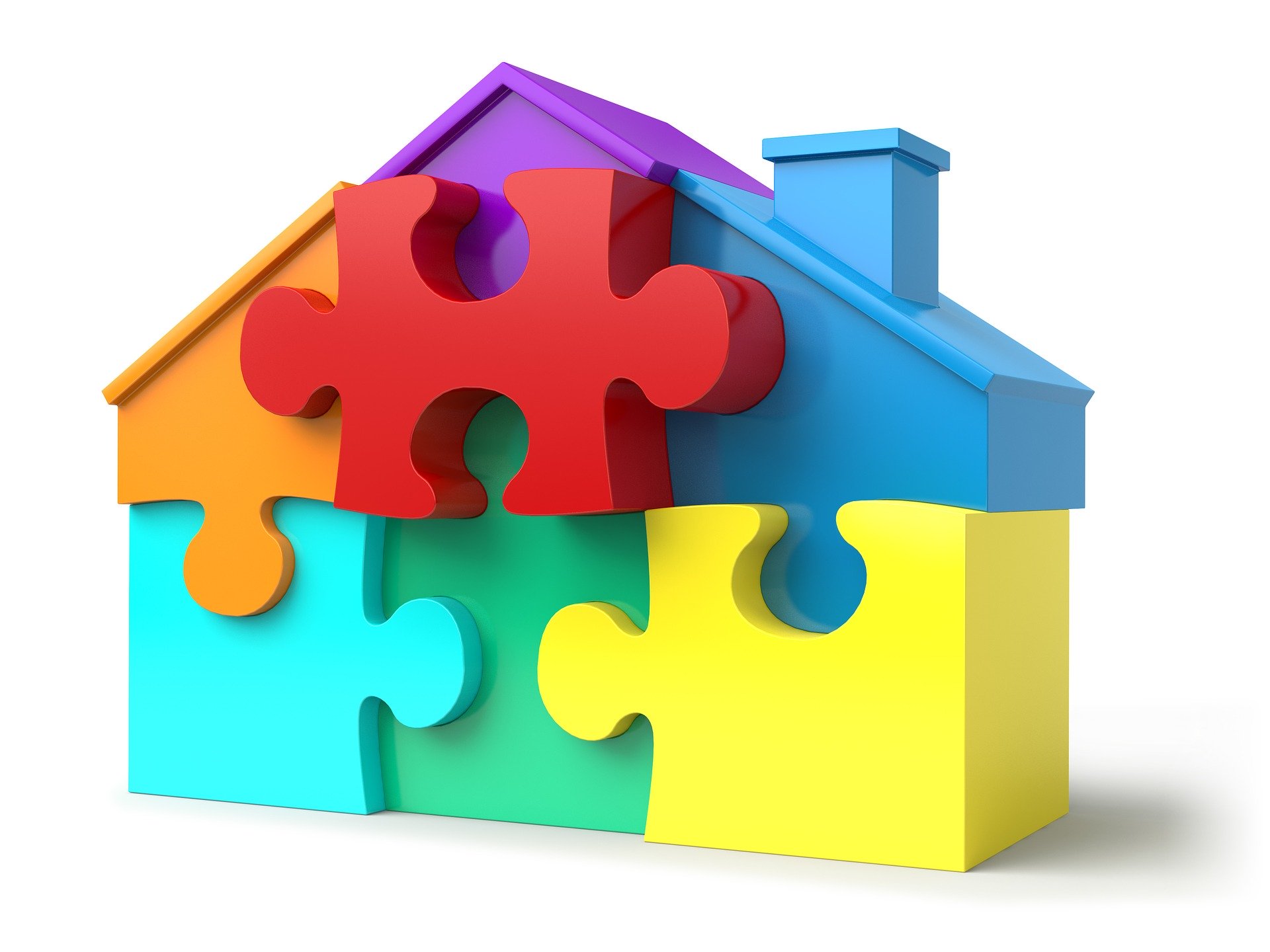What You Should Know About Consolidating Your Debts into Your Mortgage
Wednesday Jun 24th, 2020
Ever since COVID-19 hit, there’s been a lot of talk about mortgages. If you have high-interest debts to pay off, such as credit cards and personal loans, one option that may be available to you is to consolidate all of those high-interest debts into one low rate mortgage. It’s a good way to simplify your finances so you no longer have to keep track of multiple bills. Instead, all of your debts would be merged into one monthly payment at a lower interest rate. Sounds good, right? Before you make the switch, here are some things you’ll need to take into consideration before you consolidate.

When you roll al of your debts into a mortgage, the lender will usually pay off all those outstanding debts and you’ll be required to pay it all back through a brand-new loan. To qualify, you’ll need to have at least 20 percent equity in your home. Further, you’ll need to be in good financial standing. Lenders will review all the usual terms, including your credit history, financial stability, and proof if income. If everything looks good you’ll have a higher chance of getting approved.
You May Have To Break Your Current Mortgage
When you refinance, you’ll usually have to pay penalty fees for breaking your existing mortgage, which could include appraisal fees and administrative fees. If you don’t want to pay these prepayment charges, some lenders have the option to blend the interest rate of your original mortgage with the interest rate of your new mortgage, without charging a penalty fee.
Look at What Types of Debts You Have
Consolidating only makes sense if you’ve had difficulty paying down high-interest debts, whether it’s an auto loan, credit card loan, student loan, or personal line of credit. For example, if you’ve only been able to pay the interest instead of making a dent on your principal. Debt consolidation could help make your payments more manageable.
Your Debts Will Be Paid Off Over a Longer Period
Even though you’ll be paying off your debts at a lower interest rate, you’ll have to pay them off over a longer period than if you had not consolidated. That’s because the high-interest debt you had will get amortized into the new mortgage balance. Consult a financial advisor to compare how much interest you would pay in each scenario so you can make an informed decision.
Compare Your Current and New Mortgage Terms
It’s important to know what your new interest rate will be compared to your existing interest rate. When you refinance your mortgage, the interest rate and terms will likely change, so make sure you do your homework and know what the changes will be before committing to a debt consolidation mortgage.
Evaluate Your Financial Habits
You may think you’re making a smart decision by consolidating your high-interest debts into one monthly low-interest payment, but you could fall into the trap of feeling that your financial situation is under control. This could lead to more accumulation of debt and less commitment to paying off your loan on time. Some people may be more motivated to pay off their debts when they know the interest rate is very high, while others may feel less stressed and more determined when there’s only one monthly payment to worry about. Figuring out what your financial behaviours are can help you determine whether consolidating is right for you.
This information should not be relied on as legal advice, financial advice, or a definitive statement of the law in any jurisdiction. For such advice, please consult your own legal counsel or financial representative.



Post a comment